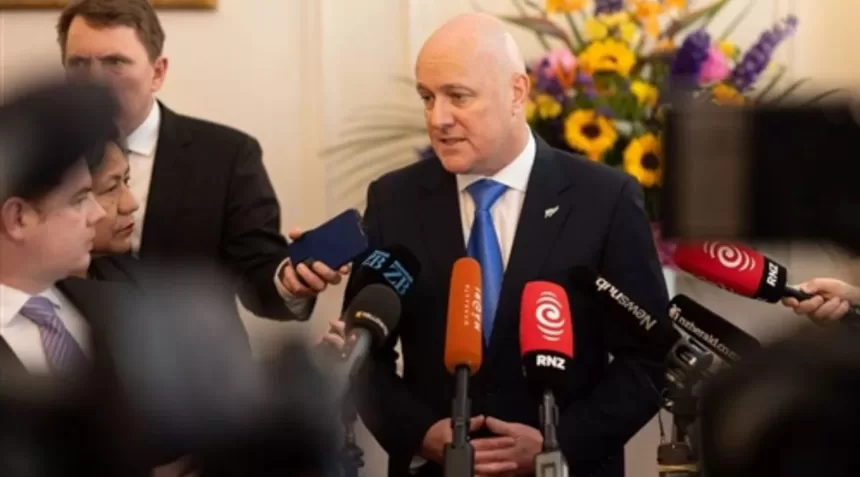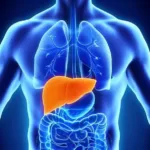It is now possible to prohibit cell phone use in New Zealand schools. Removing tobacco restrictions that were approved by the previous government last year is one of several plans that are proving to be contentious. These include fewer retailers, lifetime bans for minors, and cigarettes with reduced nicotine content. Christopher Luxon, the prime minister, unveiled a bold 100-day agenda.
The use of mobile phones can now be banned in New Zealand schools. Apart from this, a plan is also being made to end the ban on tobacco and cigarettes.
In fact, New Zealand’s new Prime Minister Christopher Luxon on Wednesday released an ambitious agenda for his first 100 days in office. It outlines 49 actions that the Conservative government can implement over the next three months.
Christopher Luxon intends to enact a new law that would restrict the central bank’s authority to merely control inflation. This will alter the Reserve Bank’s present dual emphasis on high employment and low inflation.
Many of the measures in the 100-day plan were meant to undo decisions made by the previous Liberal government, which had ruled for six years. There are also plans to double the output of renewable energy.
Cigarettes and tobacco will be banned

Removing tobacco restrictions that were approved by the previous government last year is one of several plans that are proving to be contentious. These include lowering the nicotine content of cigarettes, closing down stores, and even enacting lifetime bans for minors. The government of Luxon claimed that lifting the ban on tobacco would increase revenue. Luxon clarified on Wednesday, though, that there was no exchange of money for health. Luxon declared, “We are sticking with the status quo”. “Under our government, we will keep smoking rates down throughout New Zealand.”
New Zealand’s new government is being criticized
The plan’s detractors claim it is a win for the tobacco industry and a setback to public health. Two other education-related initiatives are planned, one of which mandates that reading, writing, and maths be taught in schools for an hour each day. The use of cell phones is prohibited in the second. reflects the opinion held by certain voters that educational institutions have deviated from their main goals.






